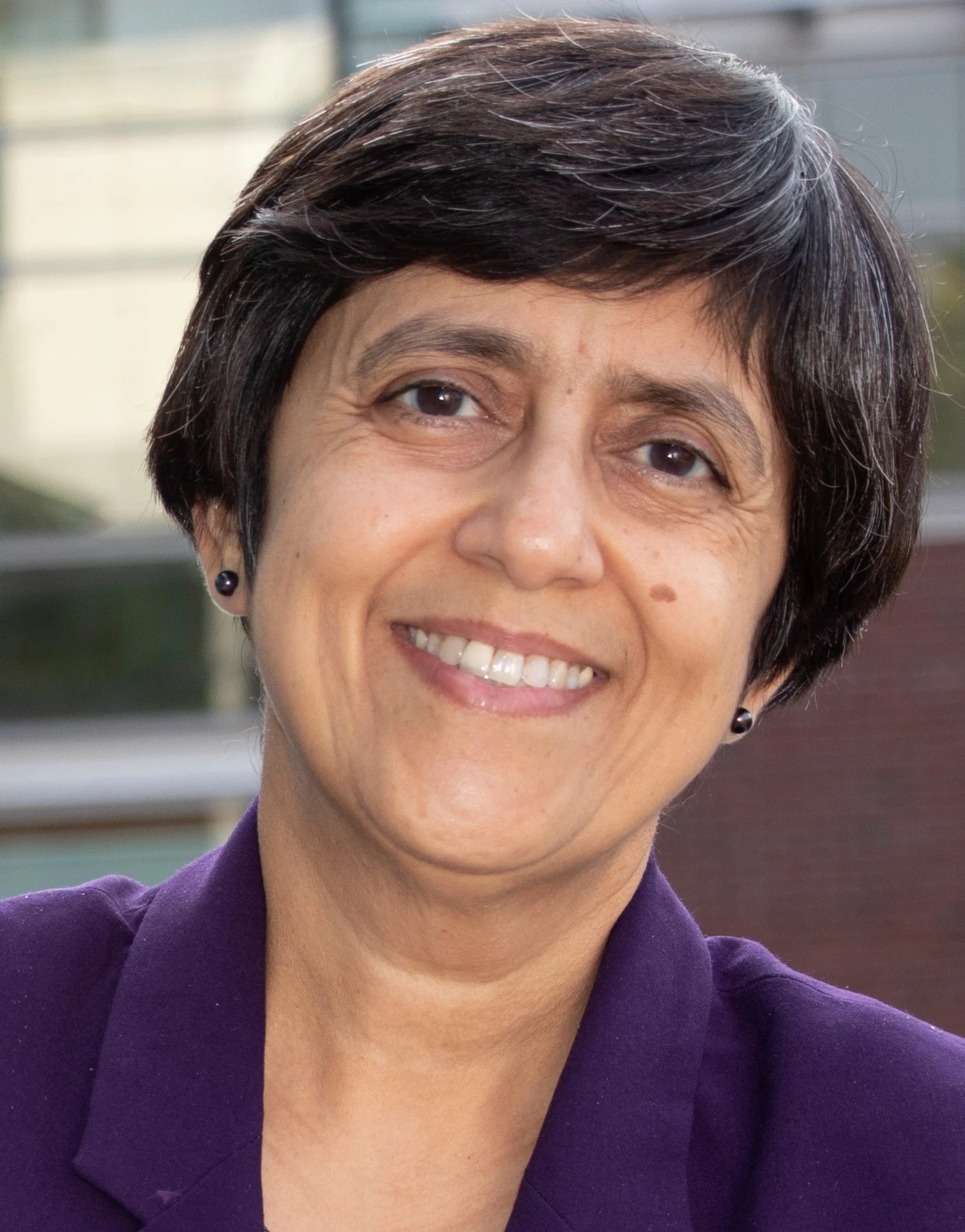Note: this event has been cancelled.
Unlocking the Potential of Immersive Computing: An Interdisciplinary, End-to-End Systems Approach
Thursday, December 4, 2025, 11 a.m.
Bahen Centre for Information Technology, BA 3200
This lecture is open to the public. No registration is required, but space is limited.
Abstract:
Immersive computing – including virtual, augmented, and mixed reality (collectively extended reality or XR) - has the potential to transform most industries and human activities. Delivering on this potential, however, requires bridging an orders of magnitude gap between the power, performance, and quality-of-experience attributes of current and desirable immersive systems. Further, it continues to be difficult to generate multimodal content for immersive applications and to quantify the resulting human experience. Immersive systems that provide comfortable, mobile, all day, trustworthy, rich experiences remain a grand challenge.
The IMMERSE Center for Immersive Computing at Illinois brings together campuswide expertise in immersive technologies, applications, and human experience to address this grand challenge. I will first briefly describe the wide range of interdisciplinary work enabled by IMMERSE and then focus on end-to-end systems work inspired by such an approach. Central to this systems work is the idea that addressing our grand challenge will require resource-constrained XR devices to harness the compute power of the edge and the cloud over wireless networks, without compromising the human experience. We show some of the first end-to-end distributed XR systems that provide low power, real time head tracking, rendering with 6DoF reprojection, scene reconstruction, semantic understanding, and other XR features by judiciously offloading XR computations over a wireless network without compromising user experience. Much of this work is enabled by the ILLIXR (ILLinois eXtended Reality) open-source end-to-end XR system and research testbed that we designed and maintain to democratize XR systems research.
Bio:
Sarita Adve is the Richard T. Cheng Professor of Computer Science at the University of Illinois Urbana-Champaign where she directs the campus-wide IMMERSE Center for Immersive Computing. Her research interests span the computing system stack from hardware to applications, with a current focus on extended reality (XR) systems. Her group maintains ILLIXR (Illinois Extended Reality), an open-source XR system and research testbed to democratize XR research, development, and benchmarking. Her work on the data-race-free, Java, and C++ memory models forms the foundation for memory models used in most hardware and software systems today. She is also known for her work on heterogeneous systems and software-driven approaches for hardware resiliency. She is a member of the American Academy of Arts and Sciences, a fellow of the ACM, IEEE, and AAAS, and a recipient of the ACM/IEEE-CS Ken Kennedy award, the Computing Research Association (CRA) distinguished service award for the CARES movement, and the IIT Bombay distinguished alumni award.

